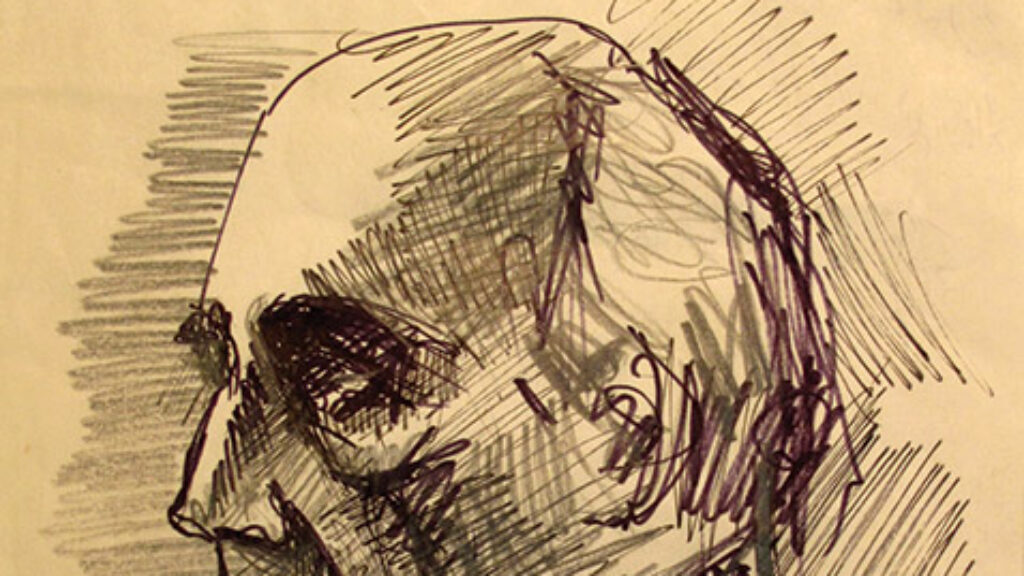
On Chaim Grade’s Agunah
Chaim Grade’s Yiddish novel The Agunah is not so much a story about one woman’s plight as much as a whole city’s eruption over her story—the rabbis, the butchers, the mohels, the barbers, the housewives.
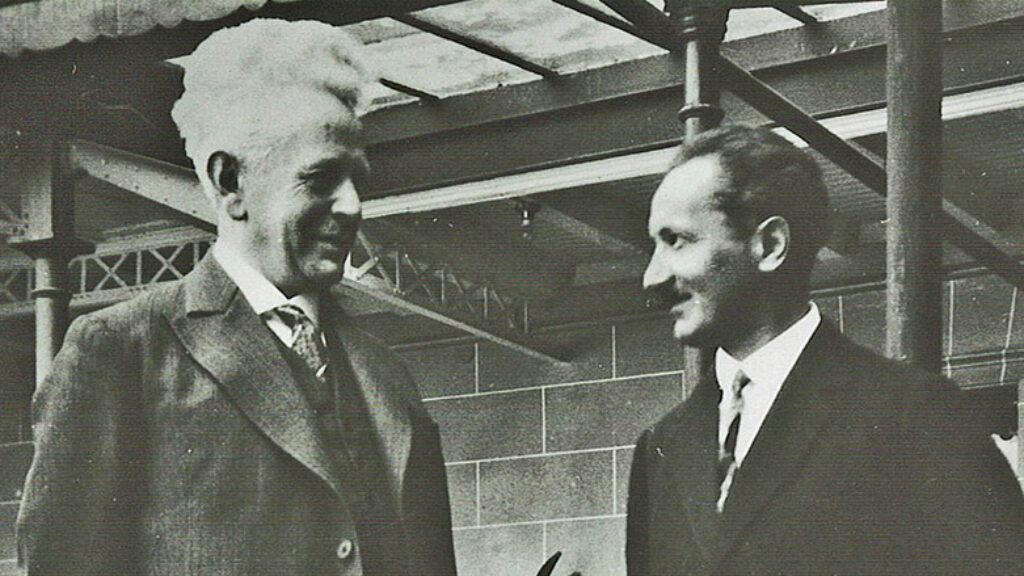
Fatal Attraction
Although Martin Heidegger joined the Nazi Party in 1933 and never forthrightly repented of the episode “no other philosopher had more impact on twentieth-century European Jewish thought.”
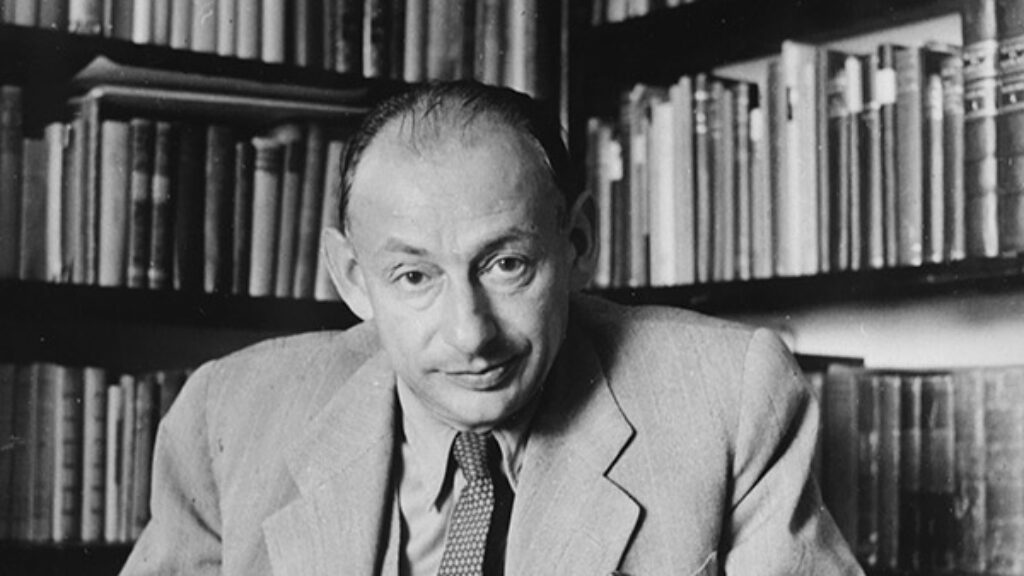
Between Frankfurt and Jerusalem: Scholem, Adorno, and the Fate of the Sacred
When the philosopher Theodor Adorno met Gershom Scholem, he thought that he “gave the impression of a Bedouin prince.” Their lifetime of letters orbits their shared love of their brilliant, doomed friend Walter Benjamin.
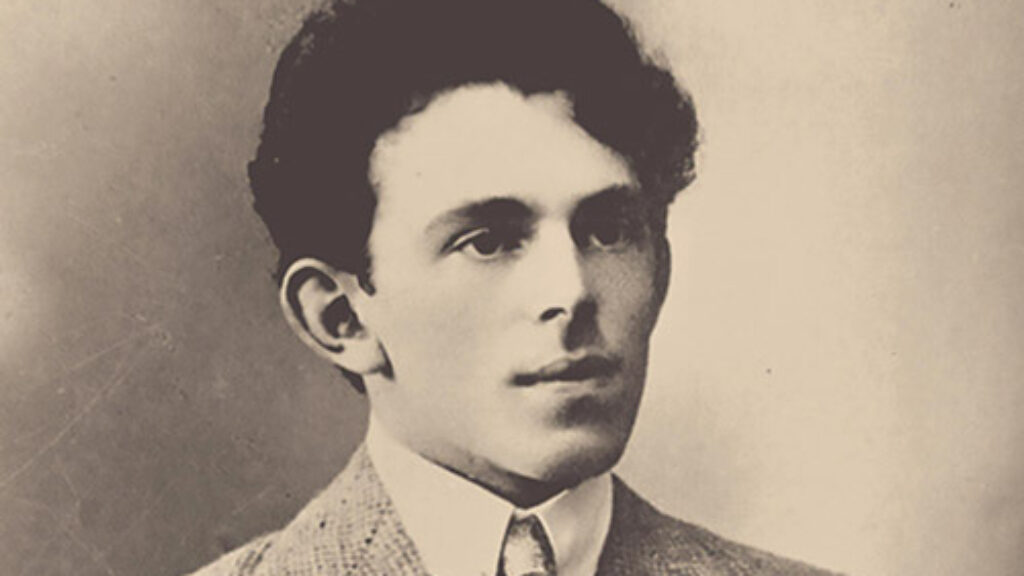
The Russian Joseph
Osip Mandelstam thought being a writer in the Soviet Union was “incompatible with the honorable title of Jew.” Stalin didn’t like Jewish writers in general and disliked the poem about his “cockroach mustache” in particular.
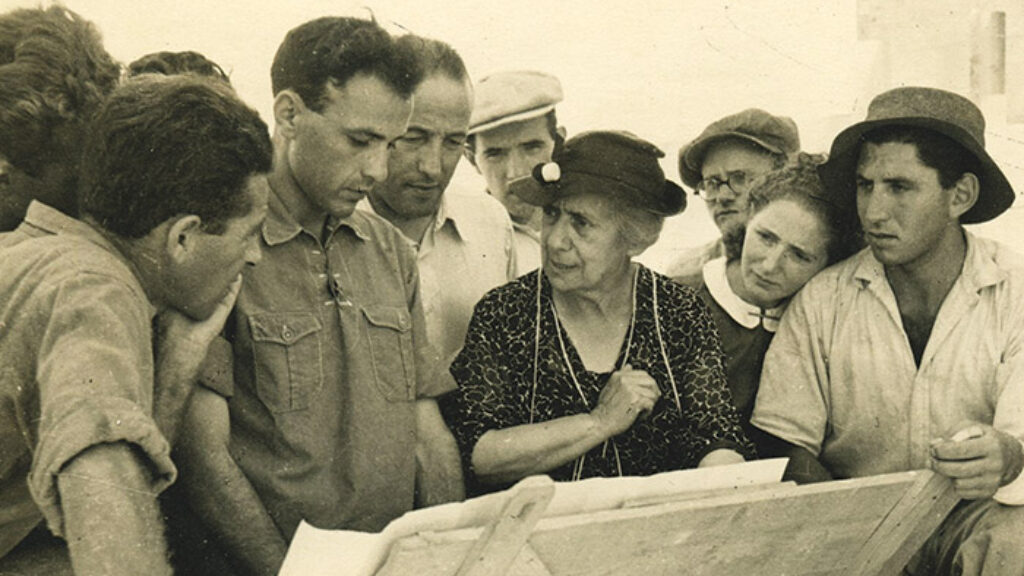
The First Lady of Zionism
At the age when most of us are just about to fold our tents, Henrietta Szold, pitched hers—and in the Holy Land, no less.
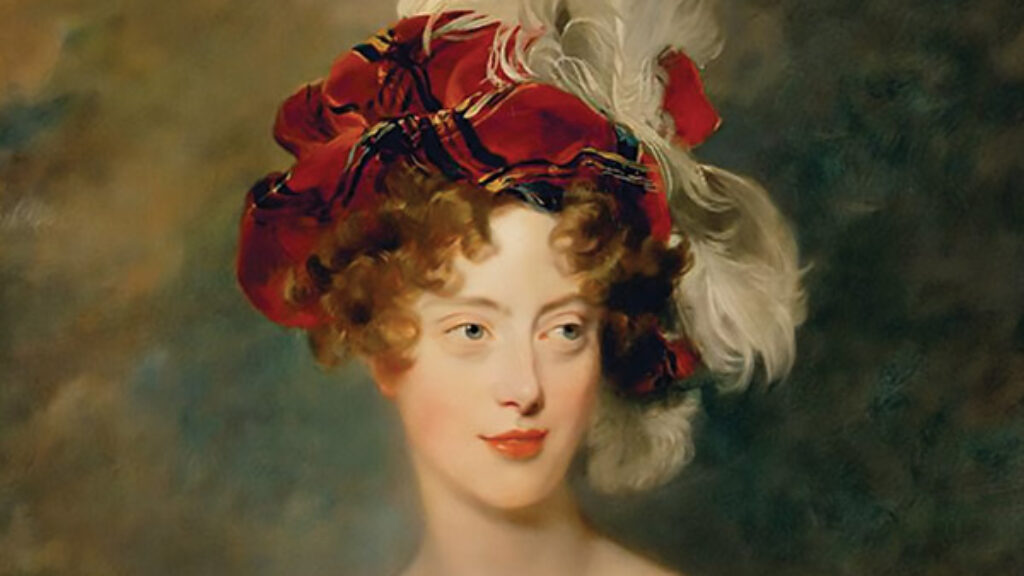
A Tale of Two Exiles
What did a seditious Sicilian duchess and the heretical son of a chief rabbi have to do with the beginnings of French antisemitism?

From Pittsburgh to the Holocaust
Journalist Mark Oppenheimer visited Pittsburgh thirty-two times and conducted 250 interviews to get the story of the Tree of Life massacre right. “Years from now,” Jonathan Sarna writes, “when people want to know what happened … this is the book to which they will probably turn.”
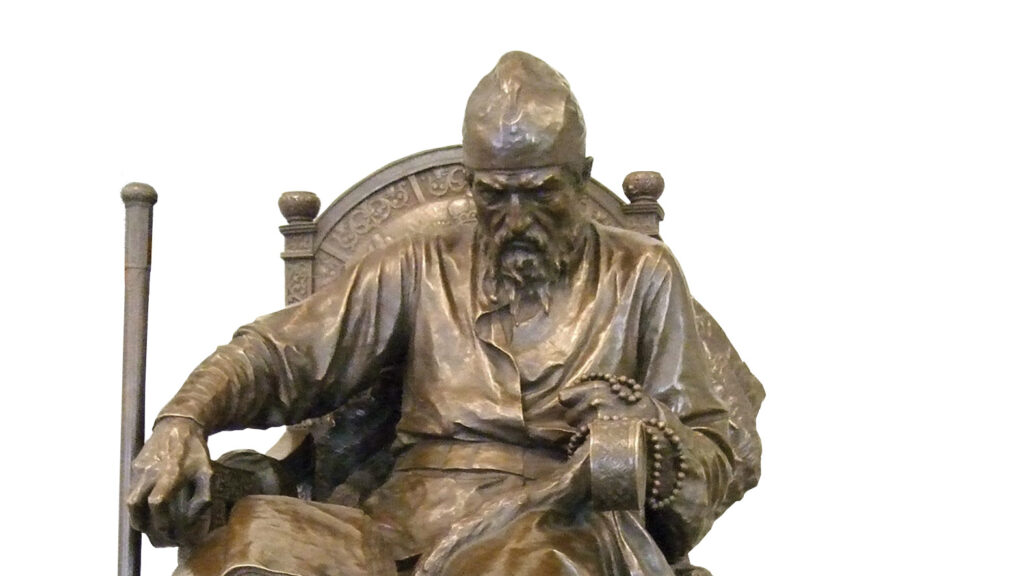
How Jews Were Modern
What’s a nice Jewish boy doing making bronze statues of tsars? And does it count as Jewish culture? Ahad Ha’am wanted to know and the Posen Foundation’s ambitious new survey raises the question afresh.

Persian Daughters of Israel
Leah Sarna imagines Jewish and Gentile women doing their laundry on the banks of the Tigris, sharing tricks for keeping their headscarves tied and their bedrooms pure. She reviews Shai Secunda’s new book on just how Babylonian the Babylonian Talmud was.

Orphan Soldiers
When WW II seemed all but lost, Britain knew that it had to take impossible risks, including turning Jewish refugees into crack commandos.